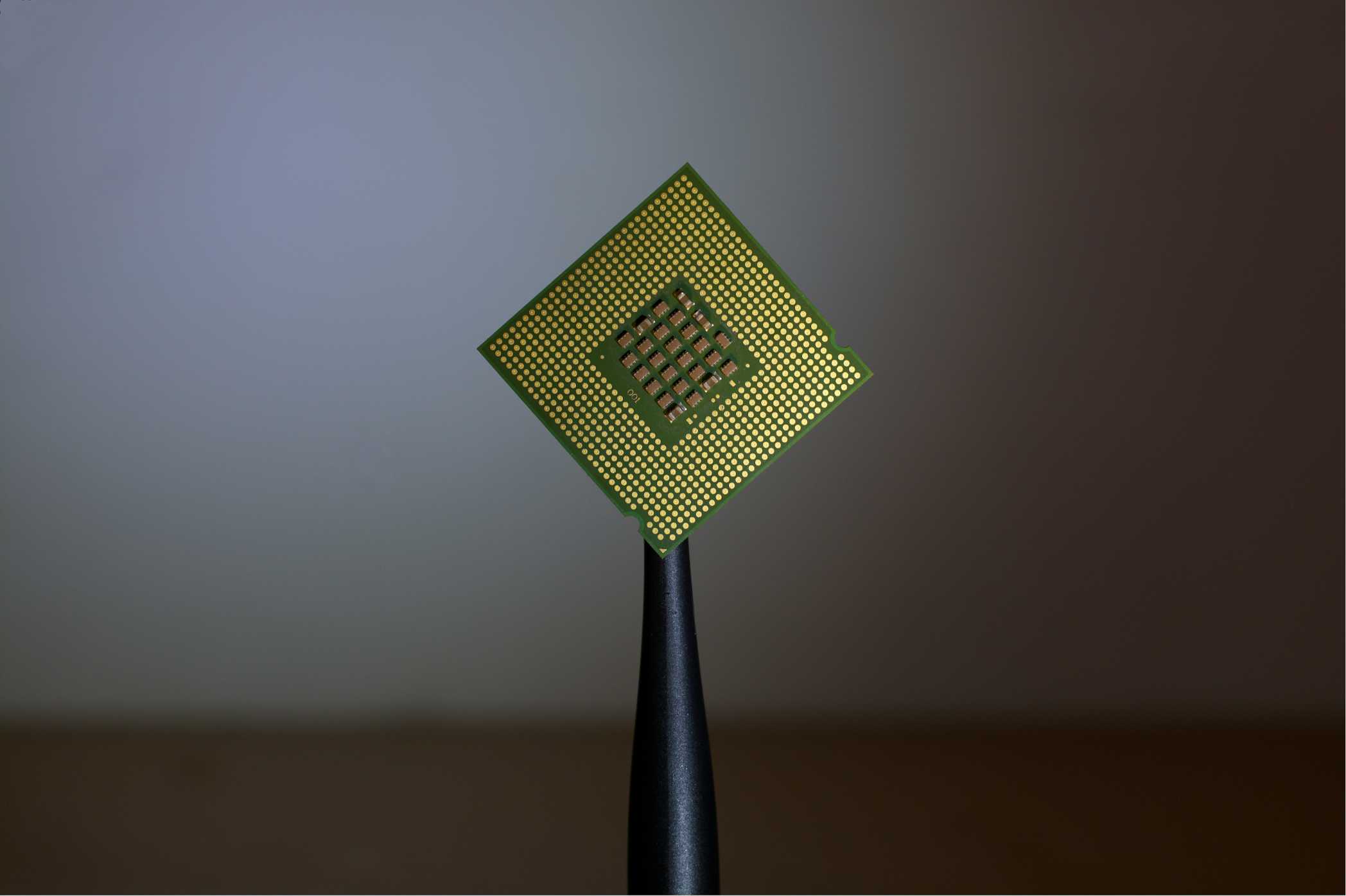Emerging Web3 Business Opportunities
A look at the most promising business opportunities emerging in the Web3 ecosystem, from decentralized infrastructure to the creator economy.

The Web3 industry is a fertile ground for entrepreneurship, constantly creating new business opportunities as the technology matures. While the early days were dominated by the creation of new blockchains and basic financial primitives, the current landscape is seeing a wave of innovation at the application and infrastructure layers. For founders and builders looking for the next frontier, this guide highlights some of the most promising emerging business opportunities in the Web3 space.
1. Decentralized Physical Infrastructure Networks (DePIN)
DePIN is one of the most exciting and tangible new sectors in Web3. It uses crypto incentives to bootstrap the creation of real-world physical infrastructure.
- The Concept: Instead of a single company building a network (e.g., a telecom building a 5G network), DePIN protocols incentivize individuals and small businesses around the world to contribute their hardware to a collective network.
- Examples:
- Decentralized Compute: Projects like Akash Network create a marketplace for unused computing power, offering a cheaper and more censorship-resistant alternative to AWS.
- Decentralized Wireless (DeWi): Projects like Helium incentivize users to set up hotspots to create a global, community-owned wireless network.
- The Opportunity: Building new DePIN protocols for other resources (energy grids, data storage, mapping) or creating applications that run on top of existing DePIN networks.
2. The Intersection of AI and Web3
The convergence of AI and Web3 is creating a massive design space for new ventures.
- The Concept: Using Web3 to solve AI's trust and data problems, and using AI to make Web3 systems more intelligent.
- Examples:
- Verifiable AI: Building systems that use Zero-Knowledge Proofs to verify that an AI model's output was generated correctly and without tampering.
- Decentralized Data Marketplaces: Creating platforms where users can own and get paid for contributing their data to train AI models.
- AI-Powered DAOs: Developing AI agents that can manage DAO treasuries, automate governance, or optimize protocol parameters.
- The Opportunity: Building the protocols and applications that will power a more transparent, verifiable, and user-owned AI ecosystem.
3. Account Abstraction (EIP-4337) and Smart Wallets
One of the biggest barriers to Web3 adoption is the terrible user experience of crypto wallets. Account Abstraction is a new standard that promises to fix this, creating a huge opportunity for new wallet and application developers.
- The Concept: Account Abstraction makes every user's wallet a smart contract, enabling features that make crypto as easy to use as email.
- Key Features:
- Social Recovery: Recovering a wallet through trusted friends or family, eliminating the need for seed phrases.
- Gas Abstraction: Allowing dApps to sponsor their users' transaction fees, creating a "gasless" experience.
- The Opportunity: Building the next generation of "smart wallets" that are far more user-friendly and secure. There's a race to become the "Gmail of Web3."
4. Web3 Gaming and the Creator Economy
While "Play-to-Earn" had its moment, the next wave of Web3 gaming is focused on creating high-quality, fun games that are enhanced by true digital ownership.
- The Concept: Building games where players truly own their in-game items as NFTs, and where the community has a real stake in the game's economy and development.
- The Opportunity:
- Gaming Studios: Building the "AAA" titles of Web3 that can attract mainstream gamers.
- Infrastructure and Tooling: Creating the tools that make it easier for traditional game developers to integrate Web3 elements into their games.
- Creator Platforms: Building platforms that use NFTs and social tokens to help artists, musicians, and writers monetize their work and build a direct relationship with their fans.
5. On-Chain Data and Analytics
As the Web3 economy grows, the demand for sophisticated data and analytics tools is exploding.
- The Concept: Blockchains are transparent public databases. The opportunity lies in building tools that can query, analyze, and visualize this on-chain data to provide actionable insights.
- The Opportunity:
- Niche Analytics Platforms: While Dune Analytics is the leader for general analysis, there is a need for specialized platforms focused on specific niches, like MEV analysis, DAO governance tracking, or NFT market intelligence.
- On-Chain Credit Scoring: Building models that can assess a wallet's on-chain history to generate a decentralized credit score, which could unlock undercollateralized lending in DeFi.
The Web3 landscape is constantly shifting, but the underlying trend is clear: the industry is moving from building core infrastructure to creating applications that solve real problems and provide tangible value to users. For entrepreneurs with a clear vision and a deep understanding of the technology, the opportunities to build the next generation of the internet are immense.
The Web3 Opportunity
The Web3 sector is experiencing explosive growth, with demand far outpacing supply for qualified talent. Unlike traditional tech, Web3 offers unique advantages: higher compensation, equity opportunities, fully remote roles, and the chance to work on transformative technology.
Market Context
The Web3 job market has fundamentally different dynamics than Web2:
Compensation: Web3 roles typically pay 20-40% higher than equivalent Web2 positions, with significant bonus and equity components.
Remote-First Culture: Most Web3 organizations operate fully or primarily remote, offering flexibility that's rare in traditional tech.
Growth Trajectory: Career progression happens faster in Web3 due to rapid company scaling and talent shortage.
Equity Upside: Token and equity packages are standard, offering significant wealth-building potential.
Step-by-Step Transition Strategy
Step 1: Build Web3 Knowledge Foundation
Spend 4-8 weeks learning blockchain fundamentals. Understand:
- How blockchain technology works
- Different blockchain architectures
- Smart contracts and their use cases
- DeFi, NFTs, and DAOs
- Current Web3 ecosystem and key players
Step 2: Learn Relevant Skills
Depending on your target role:
- Engineers: Solidity, JavaScript/TypeScript, Web3 libraries (ethers.js, web3.js)
- Product Managers: Token economics, protocol governance, user growth in Web3
- Business Development: Market analysis, partnership strategy, regulatory landscape
- Community/Operations: Community building, Discord management, governance
Step 3: Build Your Portfolio
Create tangible proof of your Web3 expertise:
- Complete open-source contributions to Web3 projects
- Build a small DApp or smart contract
- Write about Web3 topics on Medium or Twitter
- Contribute to DAOs or community projects
- Participate in hackathons
Step 4: Network in Web3
The Web3 community is incredibly accessible:
- Join Discord communities of projects you're interested in
- Attend Web3 conferences (Consensus, Devcon, ETHDenver)
- Engage on Twitter/X with Web3 builders and thought leaders
- Participate in governance forums
- Join local Web3 meetups
Step 5: Apply Strategically
Target roles that leverage your existing expertise plus new Web3 knowledge:
- If you're a backend engineer, look for blockchain infrastructure roles
- If you're a PM, look for protocol product roles
- If you're in sales/business, look for Web3 business development
Real-World Success Stories
Developer to Smart Contract Engineer
Alex, a 5-year backend engineer at a FAANG company, spent 3 months learning Solidity while maintaining his day job. He contributed to an open-source protocol, caught the attention of a major DeFi project, and transitioned with a 50% salary increase and significant equity.
Product Manager in Web3
Jessica, a PM from traditional finance, leveraged her domain expertise in DeFi. Her understanding of financial products combined with Web3 technology made her incredibly valuable. She found a role at a leading DeFi protocol within 4 weeks.
Career Changer Success
Marcus left his corporate job to focus on Web3 for 6 months. Through consistent learning, networking, and portfolio building, he landed a role leading Developer Relations at a major blockchain platform, with compensation far exceeding his previous role.
Web3-Specific Challenges
Volatility Risk: The sector's volatility can impact job stability. Diversify and build emergency funds.
Regulatory Uncertainty: Regulations are still evolving. Choose projects with strong legal teams.
Due Diligence: Not all projects are legitimate. Research thoroughly before joining.
Learning Curve: The learning curve is steep, but the community is incredibly supportive.
FAQ
Q: Do I need to be a blockchain expert to work in Web3? A: No. Companies need diverse skills-marketing, design, operations, business development. Your existing expertise is valuable; you just need to learn the Web3 context.
Q: How much can I earn in Web3? A: Significantly more than Web2 equivalents. Base salaries are higher, plus signing bonuses, equity, and token packages. Realistic expectation: 30-60% increase from Web2 roles.
Q: Is it risky to transition to Web3? A: Like any emerging industry, there's risk. Mitigate by joining established, well-funded projects with strong teams and track records. Avoid speculation; focus on building.
Q: How long does the transition take? A: 2-6 months depending on your background and effort level. Engineers and product managers transition faster due to transferable skills.
Q: What if the crypto market crashes? A: The fundamental technology and use cases remain valid. Bear markets often create better opportunities-teams can focus on building rather than hype-driven growth.
Key Takeaways
- Web3 offers significant compensation, growth, and impact opportunities
- Transition takes 2-6 months with dedicated effort
- Your existing skills are valuable; focus on learning Web3 context
- Networking and portfolio building matter more than certifications
- Join established projects to mitigate risk
- The community is incredibly supportive and accessible


